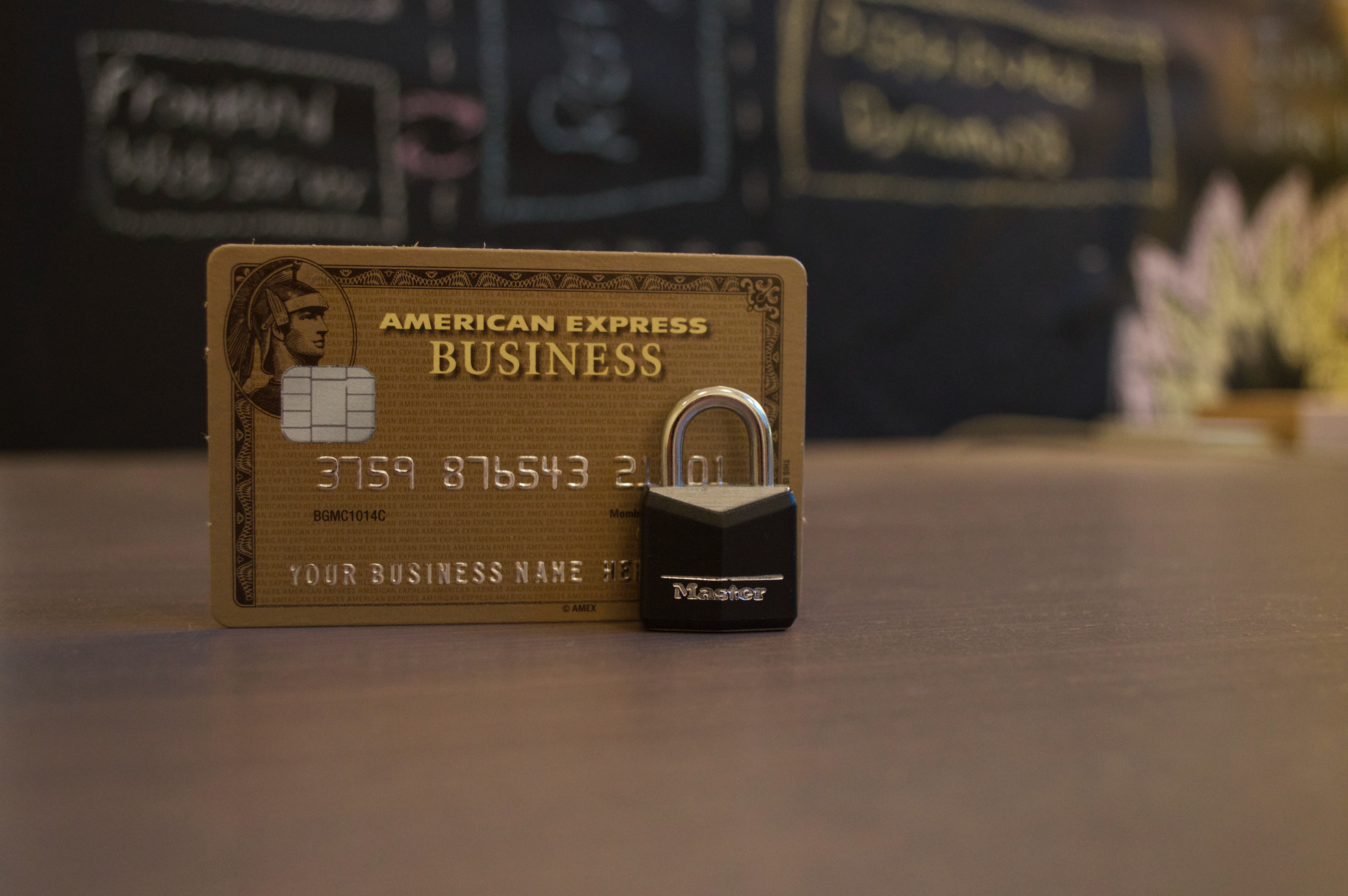Your debit card may have expired. What You Should Do Is This!
 |
| Expired Debit Card? What to do now? |
Your debit card may have expired. What You Should Do Is This
Are you experiencing trouble with your debit card? Has it stopped working all of a sudden? Well, there's a chance that your debit card may have expired. Debit cards are an essential part of our daily lives and can be easily replaced if they expire, but many people don't realize this until it's too late. In this blog post, we will discuss why debit cards expire and what you should do when faced with an expired card situation. Additionally, we'll provide some tips on how to avoid getting charged fees related to expired debit cards. Read on to learn more about what steps you should take when dealing with an expired debit card!
Why Debit Cards Expire?
Debit cards are issued with an expiration date for various reasons. One of the main reasons is to ensure that customers receive up-to-date technology and security features. As technology advances, so do the methods used by thieves to steal personal information. By issuing updated debit cards, banks can provide better security measures to protect their clients' funds.
Another reason why debit cards expire is due to wear and tear. Constant usage and exposure to elements like heat or moisture can cause a card's magnetic stripe or chip to deteriorate over time, making it difficult for ATMs or merchants' POS systems to read them.
Additionally, debit card issuers may also use expiration dates as an opportunity to update account information, such as name changes or new mailing addresses. Updating this data helps prevent fraudsters from accessing outdated accounts.
In summary, there are several reasons why debit cards expire - including providing updated security features, preventing wear and tear damage, and updating account info - all in an effort by banks and other financial institutions to safeguard their clients' funds.
What to Do When Your Debit Card Expires
Debit cards are an essential part of our daily lives. They make transactions easy and hassle-free, but they do have a lifespan. You may find that your debit card has expired when you go to use it for a purchase or withdrawal.
The first thing you should do is check the expiration date on your card. If it has already expired, then contact your bank or credit union immediately to request a new one. Most banks will automatically send out a replacement card before the old one expires, but some will require you to request one.
While waiting for your new card to arrive, consider using alternative payment methods such as mobile payments or cash if possible. Additionally, update any automatic payment arrangements with vendors using your old debit card information with the new expiration date once received.
It's also important to note that if there were any pending transactions on the expired debit card at the time of expiry, these transactions could be denied until the new card arrives. This is why it's crucial not to delay in requesting a new one upon discovering its expiry.
In summary, contacting your bank and requesting a new debit card should be done promptly when you discover its expiration date. In doing so, ensures smooth banking experiences and prevents unnecessary declined transaction fees from occurring due to an invalid/expired debit charge-card being used for digital payment processing systems during transaction validation by merchants/vendors/payment gateways/networks etcetera.
How to Avoid Debit Card Expired Fees
Avoiding debit card expired fees is a no-brainer. These fees can be annoying and unnecessary, but they can also be avoided with some simple steps. The first step is to keep track of your card's expiration date. Most banks will notify you when your card is due to expire, so make sure that you update your contact information with them.
Another way to avoid these fees is to set up automatic payments or direct deposit for any bills that are linked to your debit card account. This ensures that there are always funds in the account and reduces the risk of having an inactive account, which leads to an expired debit card.
If you're not using your debit card frequently, it may also be helpful to make small purchases every now and then just so that the bank knows the account is still active.
Consider opting for a longer expiration date on your new cards if given such options by the bank as this will give you more time before having to deal with another expired debit card issue which saves costs associated with getting new cards issued.
By following these tips, avoiding those pesky expired debit card fees will become much easier while keeping down all charges associated with maintaining a checking account.
Conclusion
An expired debit card can be a hassle, but it's not the end of the world. By understanding why they expire, what to do when they do and how to avoid fees associated with them, you'll be well-prepared for any situation that may arise. Always remember to check the expiration date on your cards regularly and keep up-to-date contact information with your bank in case they need to send you a new one. With these simple steps, you can ensure that your financial transactions continue seamlessly without interruption or additional costs.


No comments